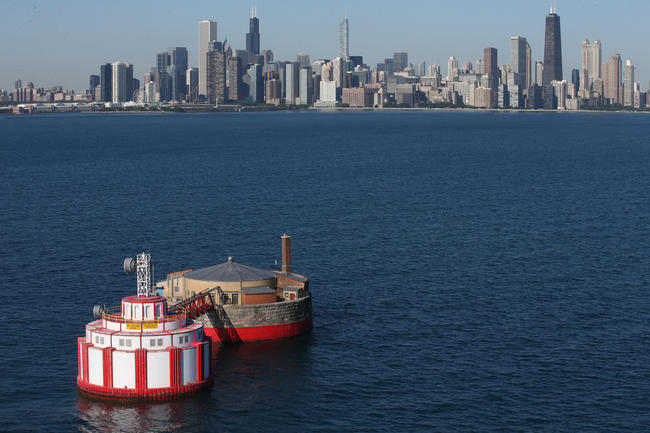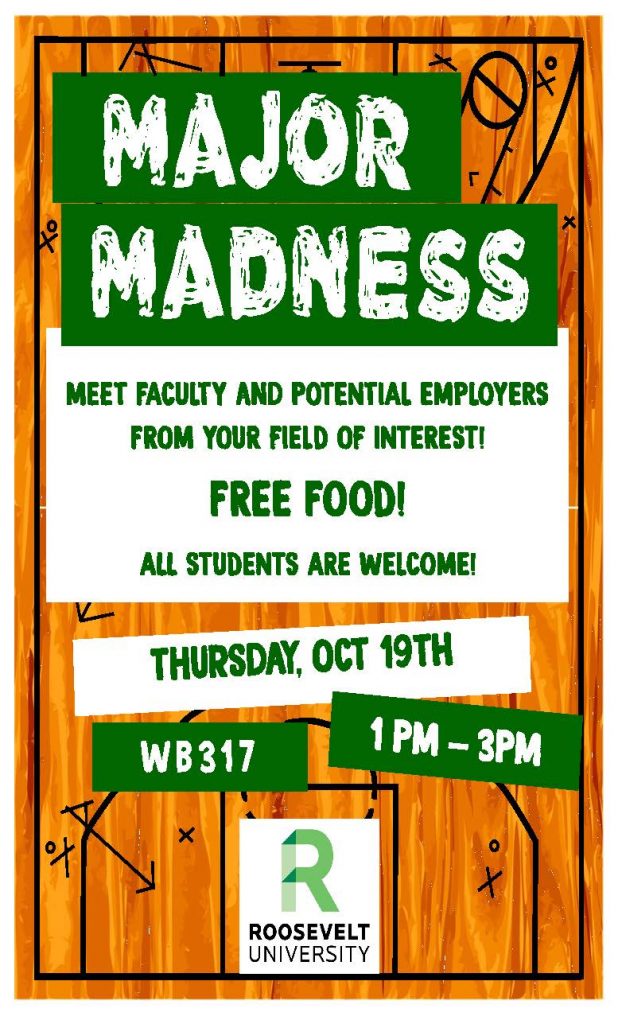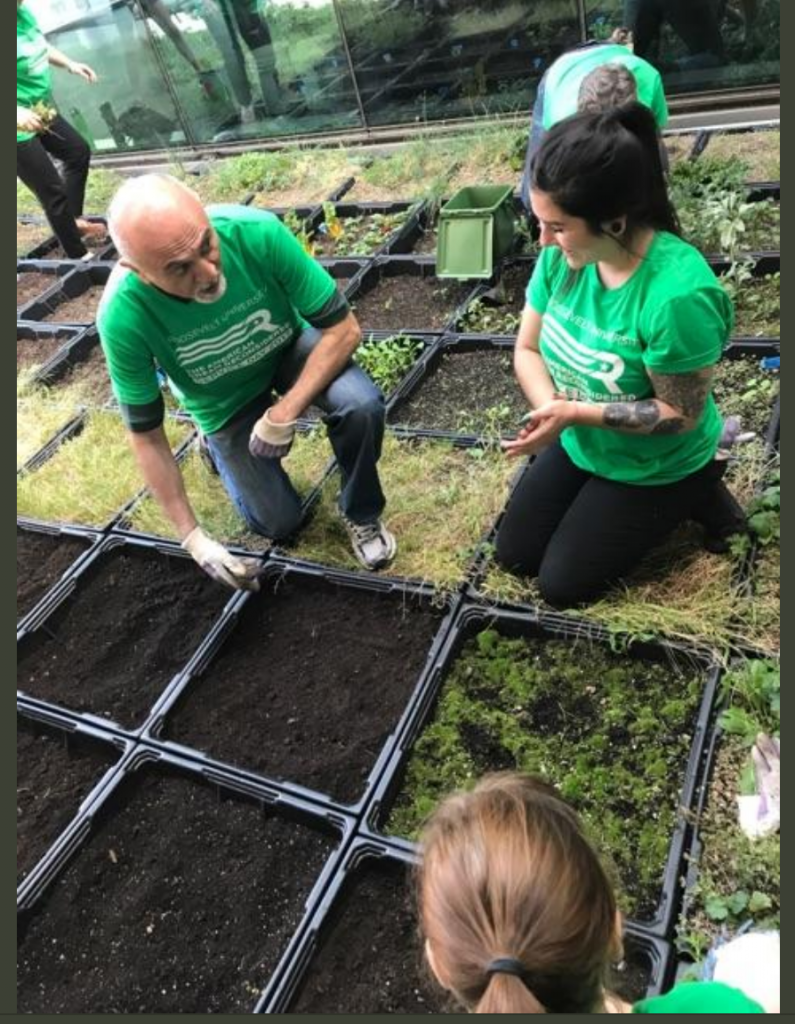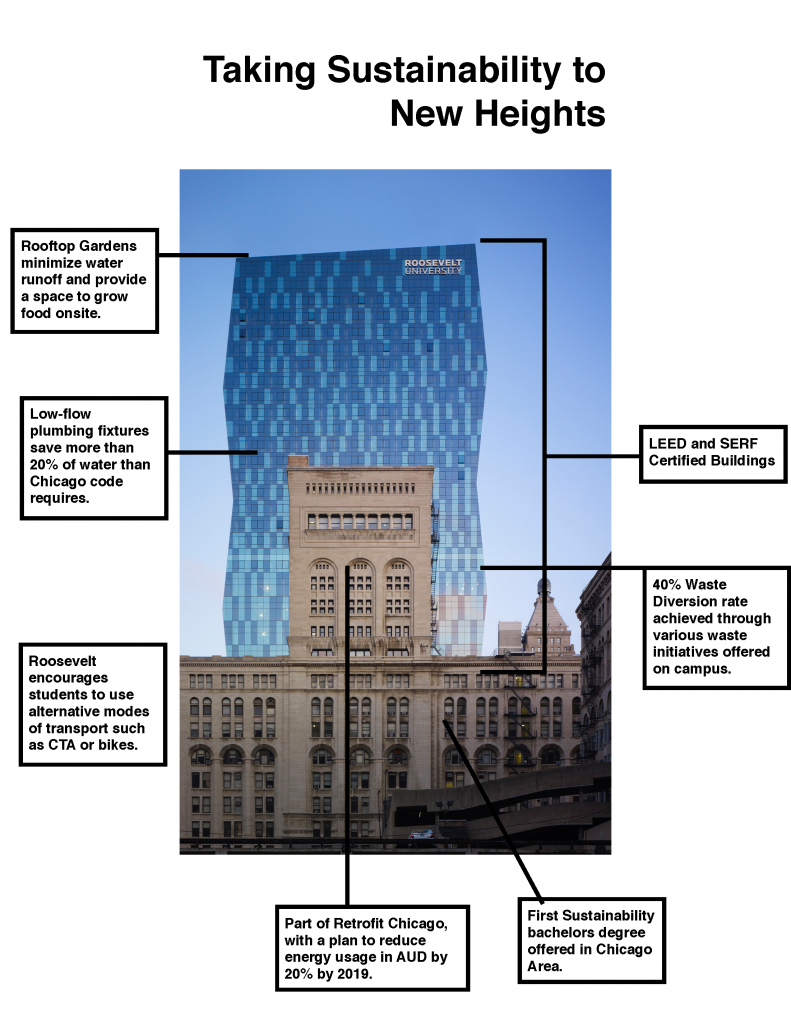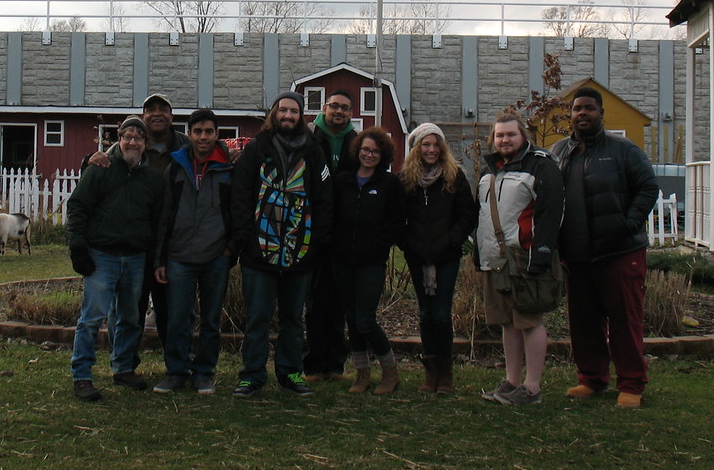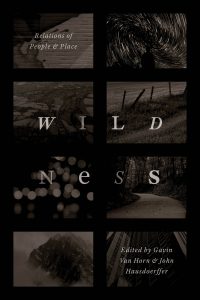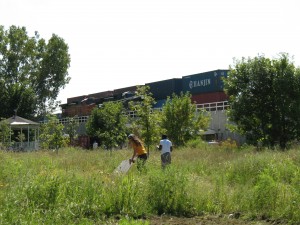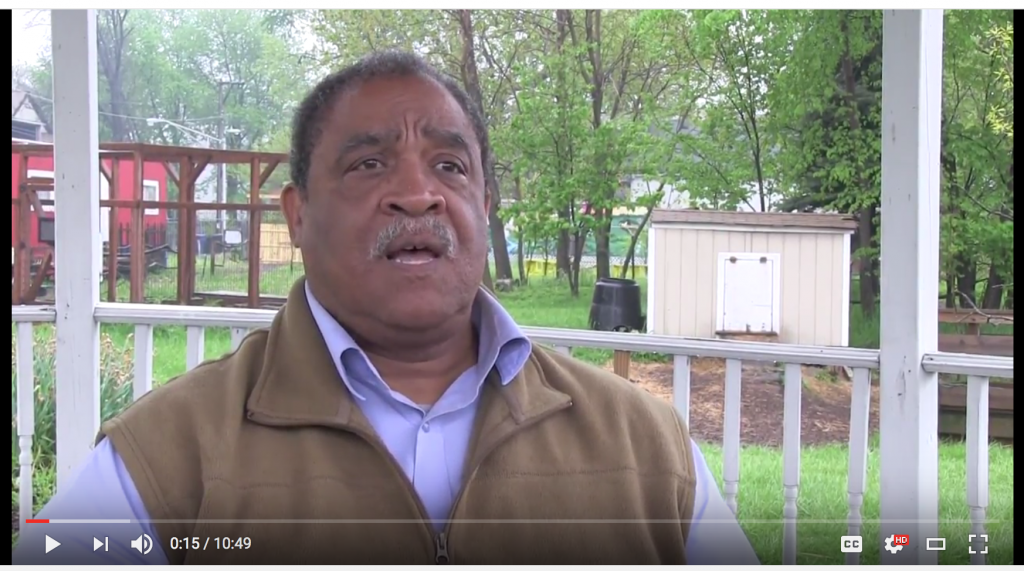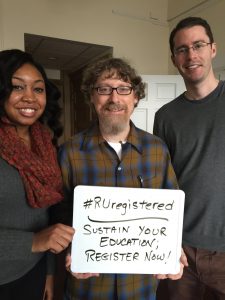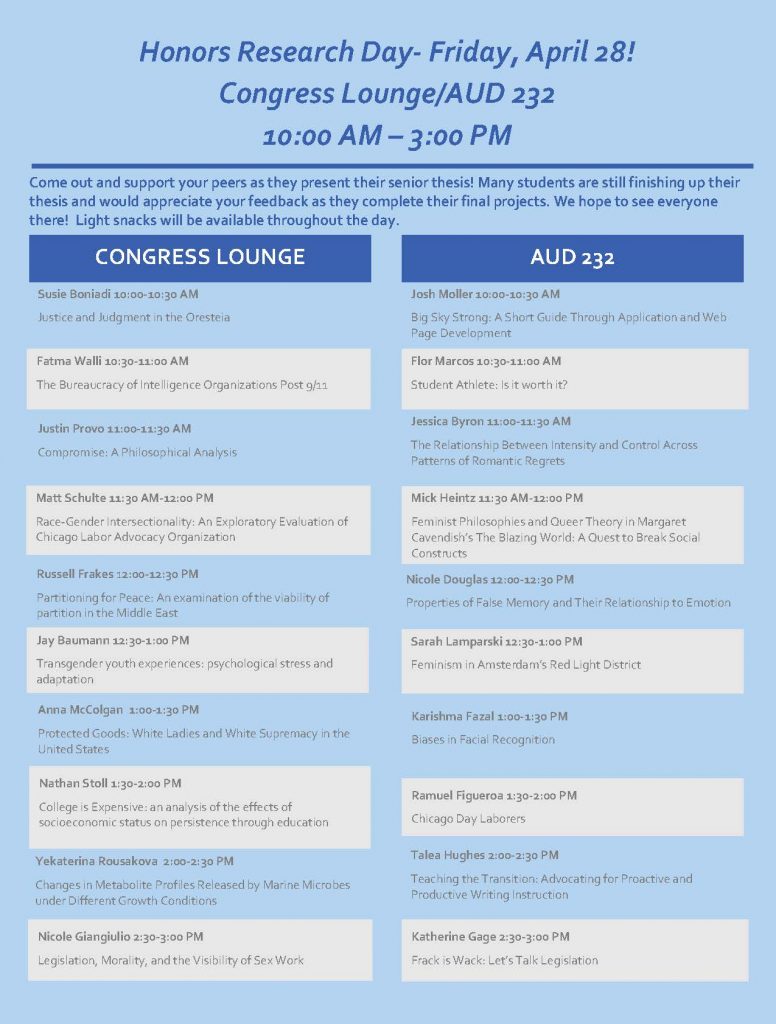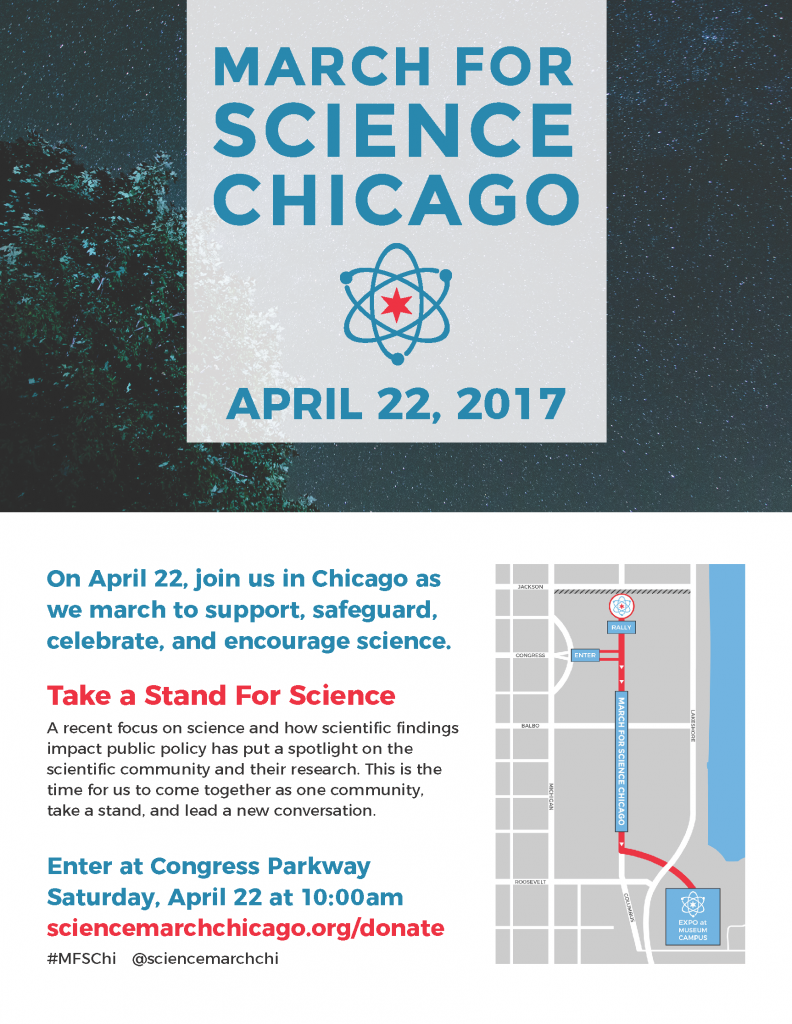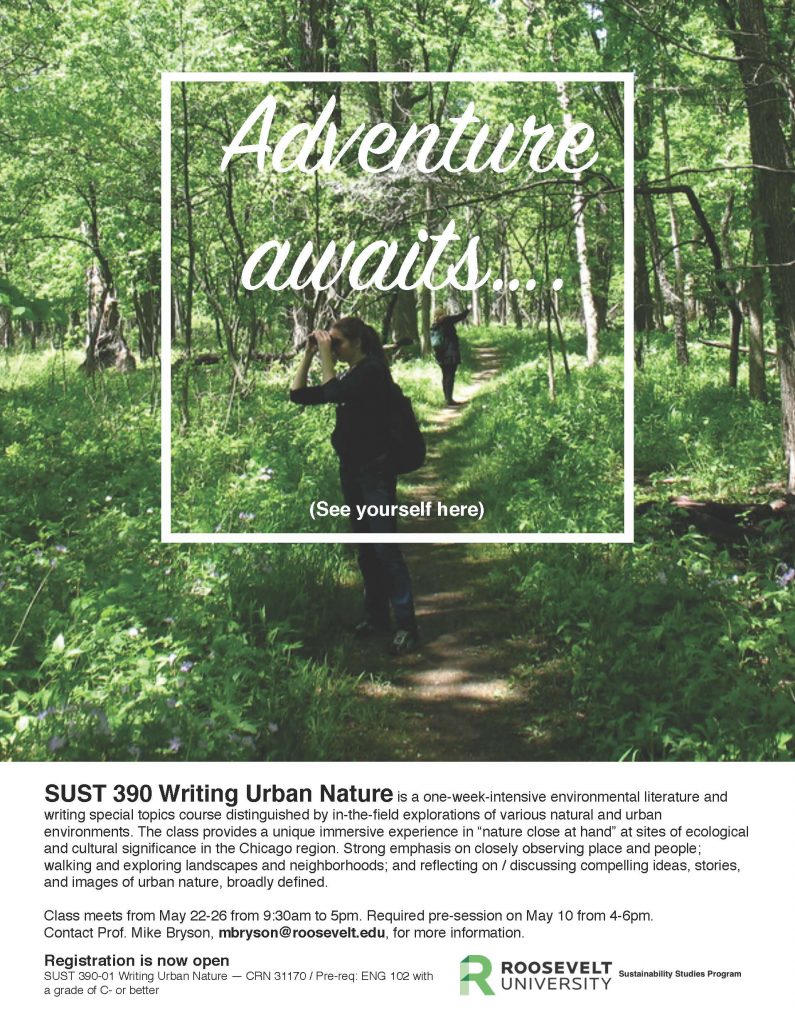Here’s a cheerful autumnal thought: advising and registration are now ongoing (since Nov 2nd) for the Spring & Summer 2018 semesters here at @RooseveltU. The Sustainability Studies program is offering a wide range of courses and we’re planning two exciting semesters of learning, research, and campus outreach projects!
Undergraduate students: please look over the Spring 2018 schedule using this coursefinder, check your remaining course requirements, and email or call your assigned academic advisor with your planned schedule and any questions you have about your upcoming classes. Your advisor will help you craft your schedule and provide you with an RU Access registration code so you can register.
Sustainability Studies courses offered in Spring 2018:
ACP 110 Primary Texts (MW 11am-12:15pm, Bryson)*
SUST 210 Sustainable Future (TTh 11am-12:15pm, Pickren)
SUST 220 Water (12-week online, 1/29-4/27, Jones)
SUST 230 Food (W 6-8:30pm, Gerberich)
SUST 240 Waste (8-week online, 3/12-5/14, Gerberich)§
SUST/ACP 250 The Sustainable University (M 2-4:30pm, Bryson)◊
SUST 310 Energy & Climate Change (T 2-4:30pm, Pickren)
SUST 320 Sprawl, Transportation, & Planning (12-week online, 1/29-4/27, Pickren)
SUST 330 Biodiversity (8-week online, 1/16-3/9, Hoffman)§
SUST 340 Policy, Law, & Ethics (Th 2-4:30pm, Hoffman)
SUST 395 Sustainability Studies Internship (by arrangement)
* First Year Seminars are open to new full-time undergrads with 12 or fewer hours in transfer credit.
§ These 8-week accelerated online courses are open to all students and synced with the Flex-Track adult degree calendar. They may be taken back-to-back.
◊ Students may register for either ACP 250 (Grounds for Change credit) or SUST 250 (Sustainability Studies credit).
Sustainability Studies courses offered in Summer 2018:
SUST 210 Sustainable Future (8-week online, 5/29-7/25, Pickren)
SUST 360 Writing Urban Nature (1-week intensive, 5/21-25, Bryson)
SUST 390 Special Topics: Rooftop Garden (on-campus + online, 5/29-7/25, Gerberich)
November is a super busy time of the academic year, but be sure to make a little time to get in touch with your advisor to sign up for the classes you need! My advisees should be sure to check this Advising Resources page here on my faculty website.
Before you email me:
- Check your remaining course requirements for your designated major, minor, etc. in Degree Works (or, if you started prior to Fall 2015, on your signed curriculum checksheet).
- Review the online course schedule for class availability and draft a schedule that will work for you.
- Make sure you don’t have any holds on your registration by checking RU Access.
- Check your RU student email for important announcements from me or the university.
Include in your email:
- Your name, student ID, declared major, and phone number
- The classes you wish to take in the upcoming semester, including dept, course number, and title
- Any questions or concerns you have
